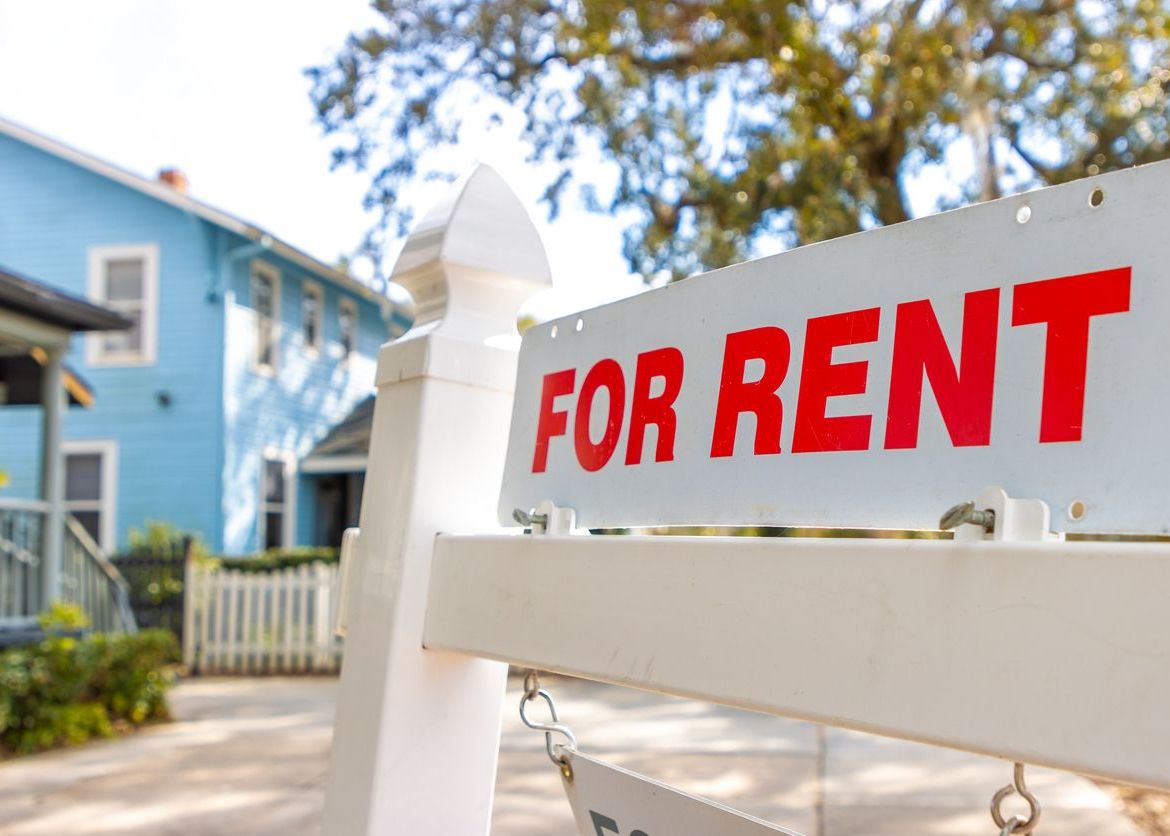If you own a house that you want to use to generate additional income, you can lease it to long-term tenants or rent the property to guests on a short-term basis. Each approach has advantages and disadvantages.
Income Potential
Customers who are looking for space and privacy will gladly pay a significant amount to stay in a house instead of a hotel. If you have a steady stream of guests, you can generate significant cash flow.
If the house is in an area that only draws visitors during a particular season, your earning potential will be limited. You’ll still have to pay the mortgage, taxes and insurance and cover the cost of maintenance and repairs, whether the house is occupied or not.
Long-term tenants can provide consistent and reliable income. That can give you peace of mind and make it easier to budget for repairs and other long-term expenses.
Damage Caused by Occupants
A property that’s rented out to short-term guests will probably suffer more damage than one that’s leased to long-term tenants. With visitors frequently coming and going, a house is likely to experience a lot of scrapes and spills.
If you take on long-term tenants, you’ll be able to carefully screen applicants and find renters who will take pride in their home and do their best to prevent damage. If you rent out your house on a short-term basis, you’ll have minimal information about visitors and won’t be able to conduct extensive background checks. You might wind up with guests who are careless or who deliberately vandalize the house.
Maintenance
If people are frequently coming and going, you’ll have to clean the house yourself or have a professional cleaning service get it ready for the next group of visitors. Also, things will wear out faster when lots of people are using them. If you take in short-term renters, you might have to frequently replace linens, furniture, carpet and appliances. Those costs will eat into your profits.
Vacancies
Having a house continuously occupied can give you a reliable stream of income. One drawback is that you won’t be able to stop by whenever you want to check on the property, perform repairs or make upgrades.
If the house is only occupied during part of the year, it might sit empty for months at a time. That can be beneficial if you want to use the property yourself or let family and friends stay there on vacation.
On the other hand, if the house is unoccupied for extended periods, you might be unaware of a problem, such as a leak, until it has caused major damage. A tenant who is there every day will be able to spot a problem and notify you promptly.
Legal Issues
State and local laws related to zoning, insurance, taxes, and tenants’ rights can influence your decision. Depending on where the house is located, you might find that your options are limited or that one option will make more financial sense than the other.











